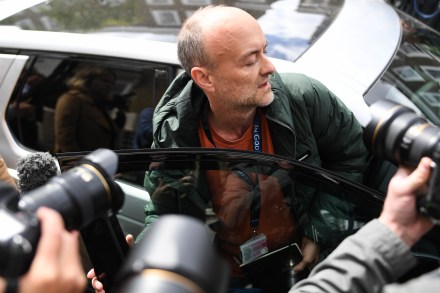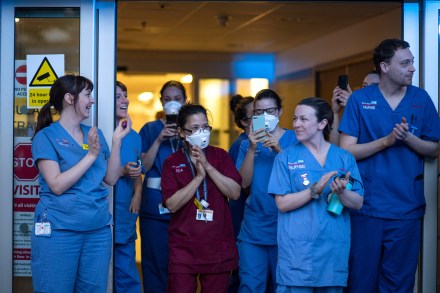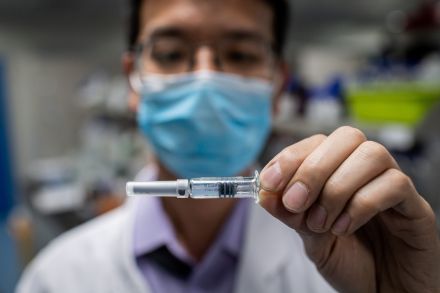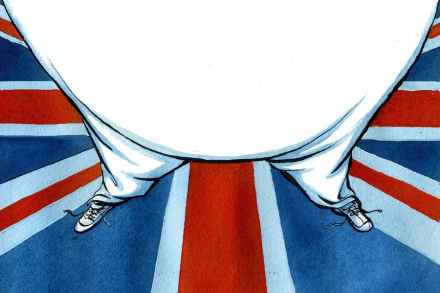Why Dominic Cummings’ departure may only be a ‘matter of time’
Dominic Cummings’s role in government no longer looks sustainable, as members of the cabinet and Tory MPs turn against him – and in the words of one very senior member of the government, it is “only a matter of time” until the prime minister asks him to go. The problem for Cummings – and the prime minister – is summed up in a Tweet by the former minister Caroline Nokes: “My inbox is rammed with very angry constituents and I do not blame them.” Nokes is typical, according to ministers and MPs. Like all prime ministers, Boris Johnson risks deep harm to his own authority and popularity if he ignores




















